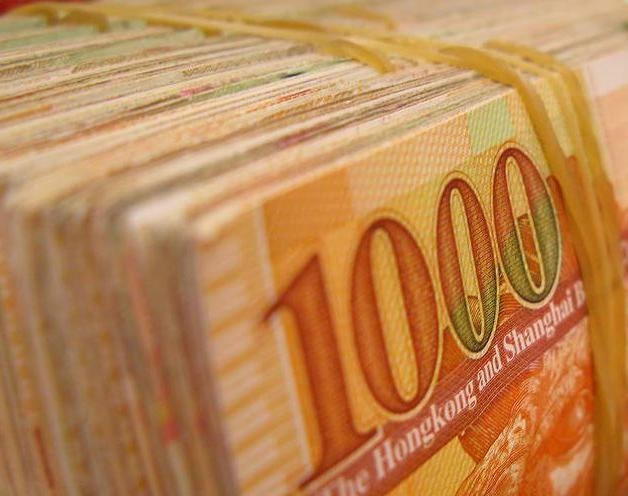
Why economic shocks aren't likely to shake Hong Kong's recovery path
Impacts are deemed mild by analysts.
Beyond the risks related to a change in the liquidity environment, questions have been raised over how Hong Kong will fare in the event that unexpected economic or social issues arise in Hong Kong, or if the Mainland undergoes an economic slowdown.
According to a research report from Hang Seng Bank, one can gauge this impact mechanically using the value-added of the retail sector and Hong Kong’s export exposure to the Mainland.
However, an important caveat in taking this approach is that it fails to consider the potential knock-on effects on Hong Kong’s domestic consumption and investment.
To cover this, Hang Seng Bank simulated the impact of these adverse shocks using an in-house general equilibrium model, which is explicitly designed to account for feedback loops between domestic and external sectors.
Hang Seng Bank performed the quantitative analysis using the following assumptions: Mainland GDP growth drops to 7%; Mainland visitor arrivals fall by 3 percentage points; interest rates rise by 0.5 percentage points; and long-term income expectations pare back by 0.5 percentage points.
A key point that emerges from Hang Seng Bank's analysis is that these shocks need not derail the ongoing recovery for the Hong Kong economy.
Here's more from Hang Seng Bank:
The impact of these negative shocks seem to be milder than is generally assumed, close to -0.4 percentage points in the year following that in which the shocks occur.
It would take a broader and deeper economic slowdown as well as a more adverse reaction by consumers to have a discernible impact, which is not our baseline scenario.






















 Advertise
Advertise







